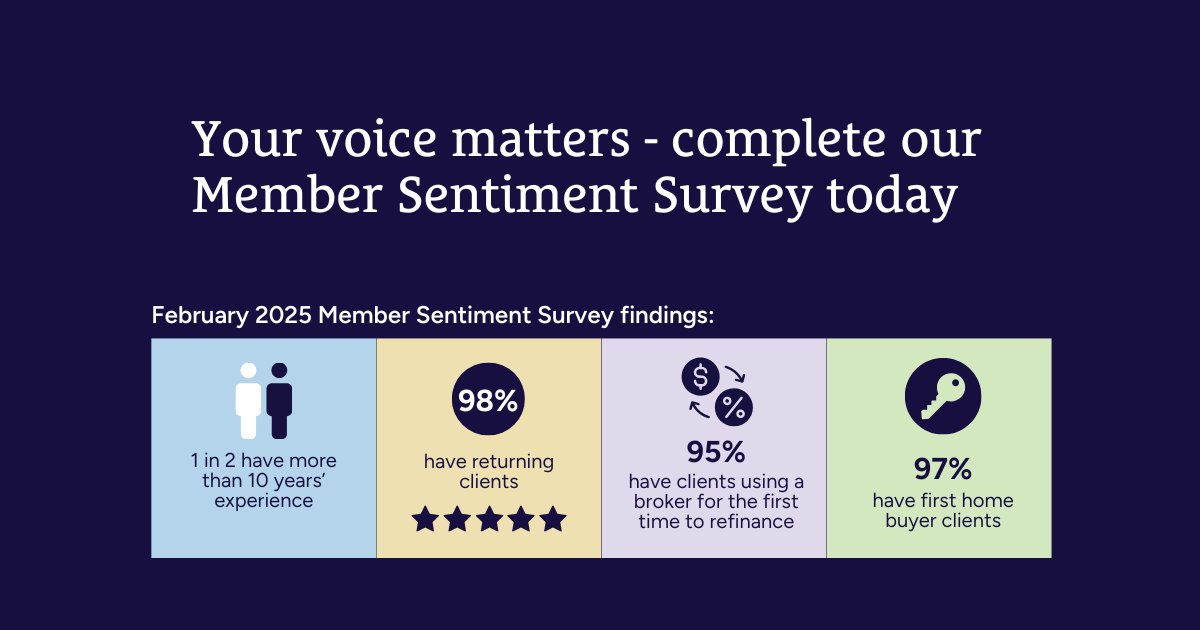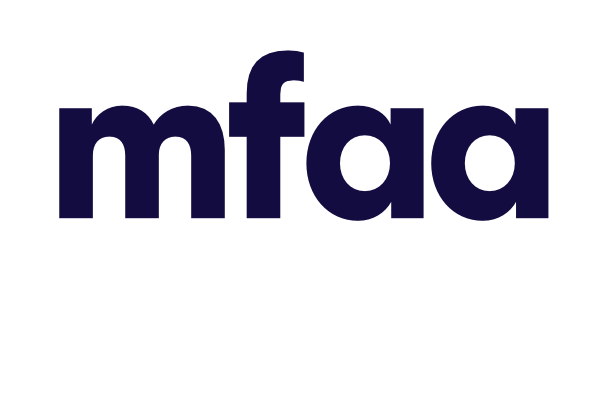

When the pandemic showed signs of affecting the economy in early 2020 South Australian agricultural finance broker David Coyner saw an opportunity in the crisis.
Expecting work to slow down for the foreseeable future, the born and raised country boy decided to get his farming fix by helping a mate do some seeding.
But the phone kept ringing, and rather than let the fact that he was sitting on a tractor stop him, David continued to take calls and help clients.
It’s this commitment to customer service and passion for agriculture that ensures David Coyner of Riverland Lending Services is at the top of his game.
MFAA: David, how did you come to be involved in agricultural finance?
David Coyner (DC): I grew up in Port Augusta South Australia, so I grew up in the country. My grandparents were farmers, so that’s where I developed my interest in agriculture. I went on to study a degree in agriculture, before working in and around the wool industry. I’ve been an agronomist which is essentially a crop adviser, and then got into agri-business finance about 10 years ago.
MFAA: What sort of agricultural businesses do you primarily service?
DC: Most of my clients are grain and sheep farmers. I’ve had a few poultry and fruit crop clients, but I focus primarily on the grain regions of South Australia, mainly in the mid-north and the Eyre Peninsula.
MFAA: How have things been for you and your clients in 2020?
DC: We are in a transition. I’ve got a significant number of growers that have had three rough years. The 2020 growing season, which is April to December or thereabouts, has been positive, so for finance we’re probably looking at a better 2021 year. But there have been a few challenges. We had the bushfires and the drought. I’ve got a vineyard client in the Adelaide Hills that copped the bushfires last year, and the drought across the state has hit the grain growers hard. It’s also made broking tough, because it’s challenging to get finance extensions or renegotiate. We have got a few clients where the bank has essentially said they’ve got a certain amount of time to exit so they need to find alternative options, or the bank will start looking at selling. So, it has been a challenging time, but we are hopefully seeing a brighter outlook.
MFAA: Farmers are renowned for their resilience. How have they been coping?
DC: Farming is all about averages. One of my clients was staying with us over the weekend and he said, ‘if I could have an average year for the rest of my life, I’d be happy’. That’s because an average year means you’re getting paid. So, we take a five-year approach, because there’s so many ups and downs in farming. Currently it’s a bit off because there’s been three crook years in a row. But generally in a five-year period, you can take out your best season and your worst season and it gives you a pretty good snapshot.
MFAA: Hardship support has been well promoted for people in the cities. Have the farmers received similar support, and how have you been able to help there?
DC: There have been what are called RIC loans, which stands for Regional Investment Corporation loans. These have been offered throughout affected areas, so that is essentially an interest rate reduction offering from the Government. There have been drought assistance loans too, and a farm household allowance which is basically like a Centrelink payment that covers farmers in hardship, and that’s been good. We assist as much as we can before it gets outside our scope, but we try and take a holistic approach with our clients and help wherever we can.
MFAA: South Australia wasn’t hit as hard as other states by the pandemic. How was it for you and your business?
DC: Actually, when COVID initially hit I thought business was going to be dead, so I buggered off and helped a mate with seeding in April and May. I sat on a tractor for six or seven-weeks farming. But work didn’t slow down, so I ended up essentially running two jobs while sitting on a tractor. It was nice to have the opportunity to do it. But yes, plenty of phone calls were done from the seat of a tractor.
MFAA: What are you looking forward to in 2021?
DC: I think 2021 is going to be exciting because there’s a whole bunch of positive things happening in the agricultural industry. The prices are good, people have had rain, confidence is up, so that flows on. And regional towns are funny, if the farmers are struggling that sort of filters through. The hairdresser struggles because farmers forego their monthly haircut and push it back to every couple of months if things are tight. So, I think the whole region’s going to see a reasonably positive year ahead, which will be really good. And for some strange reason there seems to be a lot of movement with property. A lot of farm sales going on, prices for farming land are going up and achieving record results, so that always creates good business for us too.





You can sign up for free by creating an account. If you are new to the portal, select "Create an account" to register and gain access to a range of free and useful resources.
If you already have an account, simply log in. Once logged in, you can easily apply for membership. If you need assistance, call our support team on 1300 554 817 for assistance.